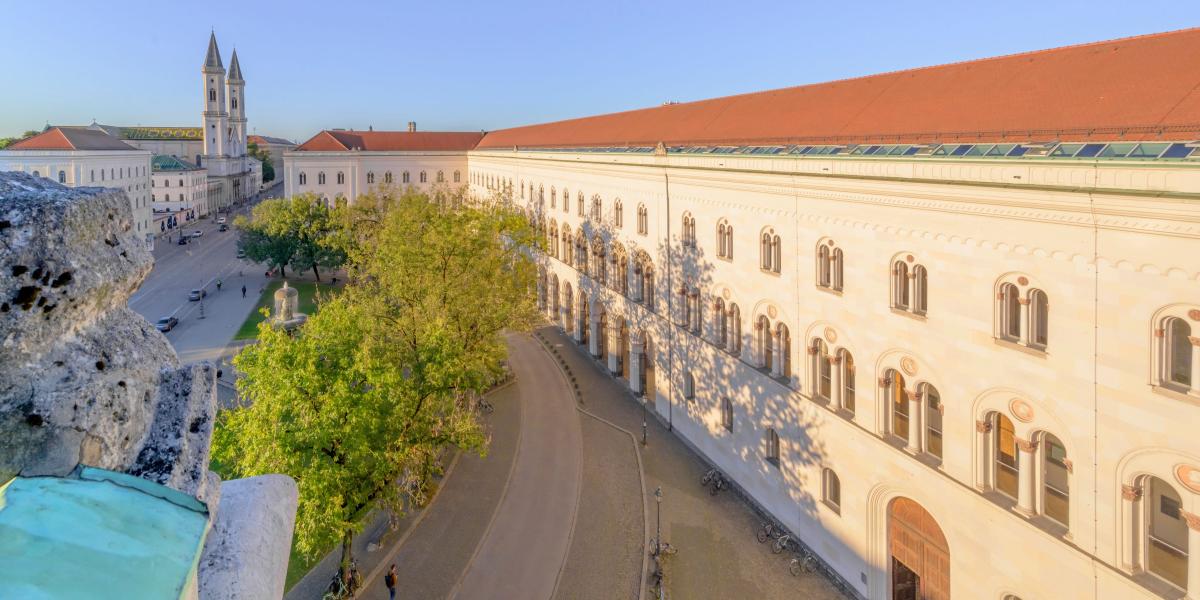Your tasks and responsibilities:
The Institute for Digital Cultural Heritage Studies seeks a specialist in Artificial Intelligence/Machine Learning (AI/ML) applications in Cultural Heritage and Archaeology who will utilize AI/ML to ask and answer questions vital to studying the human experience and improving the understanding, preservation, and sustainable use of the cultural and material legacies of the past and related collections. Scholars with an interdisciplinary background are encouraged to apply, especially those who develop AI/ML tools, methods, and workflows for analyzing 2D/3D geospatial data from cultural heritage documentation (such as LiDAR, satellite imagery, and geophysical instruments), generating AI-based visualizations and restorations of cultural heritage objects and buildings, and improving access to and enjoyment of museum collections and archives through data enrichment.
- Develop interdisciplinary research in Digital Heritage.
- Participate in the IDCHS’ research projects and publications.
- Participate in grant writing.
- Teach Master’s and Bachelor’s courses involving AI/ML programming* and data science (teaching load is five semester hours/week).
- Scientific advanced qualification (e.g., Habilitation for becoming a professor in Germany).
- Manage research assistants and computer laboratories.
- Perform administrative duties for the IDCHS.
*The applicant must be proficient in at least one programming language prior to submitting the application (Python preferred).
Your qualifications:
Complete university education and a Ph.D. in Computer Science, Digital Heritage, Digital Archaeology, Geomatics Engineering, or Data Science with a specialization in Artificial Intelligence/Machine Learning*.
Proficiency in written and spoken English.
- Proficiency in AI/ML programming (Python preferred).
- Proficiency in data science applications dealing with cultural data (preferred).
- Interest in (co)-supervising master’s and doctoral students.
- Experience in grant writing (preferred).
* The applicant must have already received a Ph.D. in a relevant field before submitting the application.
Applicants will have a strong publication record that fits the IDCHS’ innovative research agenda. The ideal candidate will have university-level teaching experience, will participate in delivering the new Master of Digital Cultural Heritage to be launched in 2024-2025 and to be taught entirely in English, and will also teach undergraduate courses (e.g., seminars and laboratory courses in English or German) for other existing curricula within and beyond the Faculty for the Study of Culture. The position involves performing administrative duties for the IDCHS. Experience with grant writing is highly desirable.
Benefits:
- The position and salary are based on a temporary public service contract (A13) for three years, provided the legal requirements for public service are fulfilled. Upon positive evaluation, an extension of an additional three years is possible.
- All the benefits of employment by the Free State of Bavaria.
- The position offers you the opportunity to pursue a post-doctoral qualification (Habilitation).
- Training and development opportunities.
- The workplace is in a central location in Munich, very easy to reach by public transport.
- A reduced-price ticket for local public transport.
- Support in relocating to Munich through the LMU Gateway office.
LMU Munich is an equal opportunity employer committed to excellence through diversity, and therefore explicitly encourages women to apply.
Also possible in a part-time capacity.People with disabilities who are equally as qualified as other applicants will receive preferential treatment.
Contact:
Please submit your application comprising the documents listed below as a single PDF (up to 15 MB) via email only to jobs-research@dkes.fak12.lmu.de, no later than October 31, 2023. For questions regarding the position, you may contact Prof. Nicola Lercari at n.lercari@lmu.de.
Completed applications will include:
- A cover letter.
- Curriculum vitae.
- Research statement, including descriptions of future research plans involving AI/ML topics.
- Teaching statement, including descriptions of teaching interests for courses involving AI/ML programming.
- Names and contact information for three academic references.
- Proof of academic degrees (e.g., diplomas, unofficial transcripts, etc.).
- Up to 5 writing samples or other relevant documents (e.g., published articles, sample syllabi, grant proposals selected for funding, etc.).
- Link to a Digital Portfolio (as applicable).
Where knowledge is everything.
LMU researchers work at the highest level on the great questions affecting people, society, culture, the environment and technology — supported by experts in administration, IT and tech. Become part of LMU Munich!
In the course of your application for an open position at Ludwig-Maximilians-Universität (LMU) München, you will be required to submit personal information. Please be sure to refer to our LMU Privacy Policy. By submitting your application, you confirm that you have read and understood our data protection guidelines and privacy policy and that you agree to your data being processed in accordance with the selection process.
